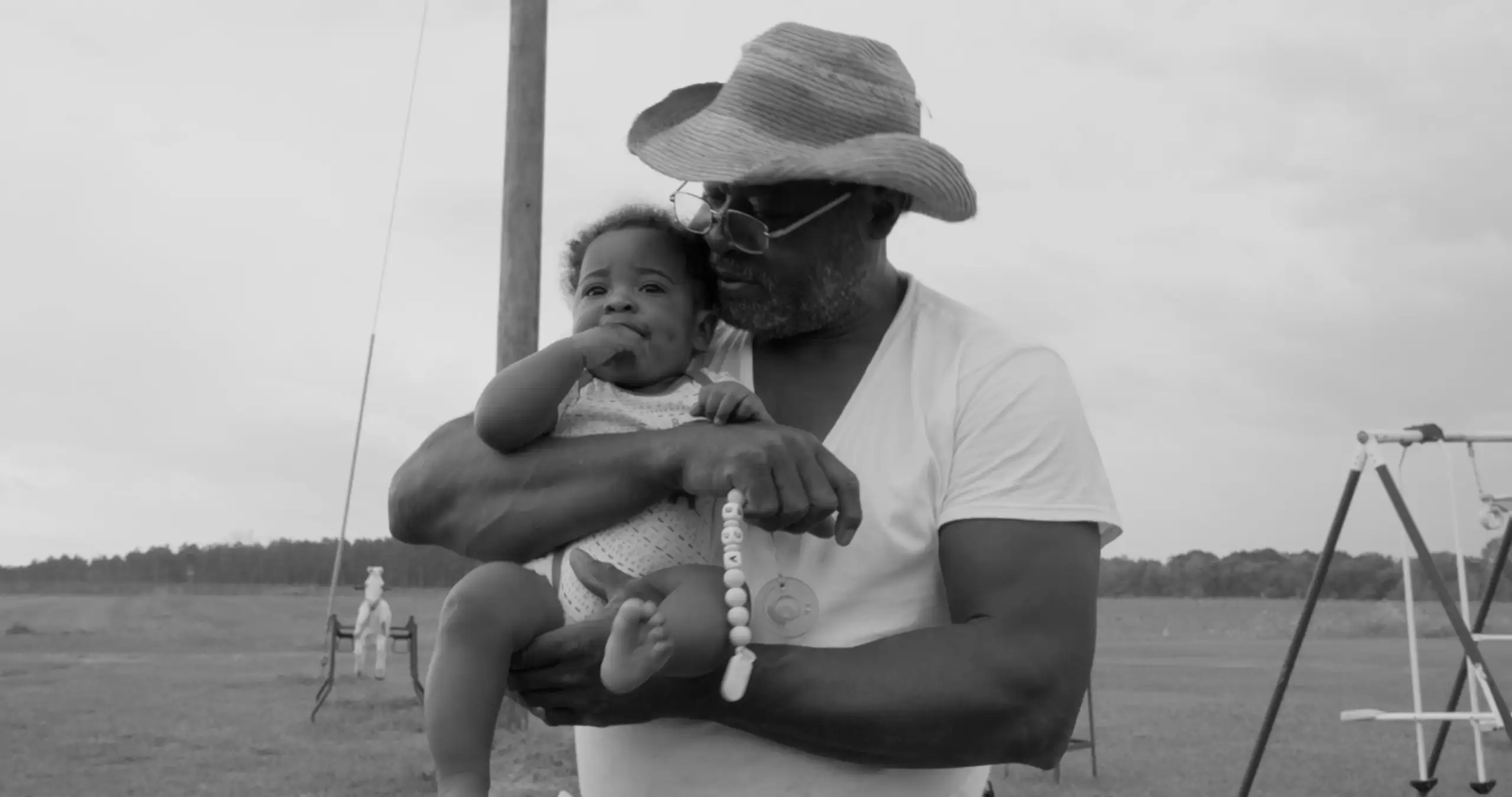
Part of Cinepunx’s coverage of the 2025 Vashon Island Film Festival
What do you do when the only way of life you’ve ever known is stripped away, one act of governmental inaction at a time? That question sits at the heart of Seeds, an exhilarating new documentary from filmmaker Brittany Shyne. After a splashy Sundance 2025 premiere, the film now stands poised to roll into awards season as a real contender. Shyne’s feature debut is confident, focused, and timeless. Don’t let the black-and-white photography or serious subject matter fool you—Seeds is far more than the sum of its parts, and it never produces a dull moment.
Shot in Georgia and Mississippi, Seeds tells the story of Black generational farmers, the legacies they’ve built, and the obstacles they face—discrimination, systemic neglect, and bureaucratic malaise. We meet a middle-aged great-grandfather, determined to leave his family something they can be proud of, even as Congress stalls on Biden’s American Rescue Plan. Many white farmers saw relief; Black farmers were pushed to the back burner. We also spend time with an 89-year-old retired farmer, getting by with limited resources and the resilience born of decades in the field. The film lingers with these two men, their families, and their communities.

Shyne’s choice to shoot in rich black and white pays off immediately, evoking a timeless Americana that underscores the film’s commentary on race and the deep stagnation in American agriculture. We see how farming works for those with less: equipment on the verge of breaking down, diseased corn recycled to feed cattle, the constant threat that one bad crop could end it all. Cotton harvests appear in striking sequences, though the generational trauma embedded in those fields remains unspoken. Corn, mustard greens, watermelons, peas—anything that can be planted and sold—bring in only meager earnings.
One of the film’s most endearing qualities is its portrayal of camaraderie in farming, rural, and Black communities. Here, one person’s hardship becomes everyone’s concern, and friends can communicate volumes with only a glance. As someone who grew up in a rural Southern farming community, much of Seeds rang true. The key difference: the farmers I knew weren’t worrying about whether they could repair their tractors or afford the next season’s seed. America has long erased or minimized Black contributions to its history, and Seeds exposes how deeply that erasure runs in agriculture—something many Americans would be shocked to learn.
Seeds is not an easy sell: an artful black-and-white documentary on a sobering subject that moves at an unhurried pace. Yet it’s a powerful debut that educates, enrages, and entertains in equal measure. My father and aunts often told stories about picking cotton through their childhoods. After watching Seeds, I feel more connected to those stories. My family wasn’t Black, but they were poor and fought for everything they had—while still benefiting from a privilege that allowed them to leave the cotton fields behind. They weren’t farmers by legacy, but by circumstance. Seeds isn’t their story, but it’s one I wish they could see. Maybe then they wouldn’t complain so much.
RATING: ****1/2/***** (currently playing on the film festival circuit)




